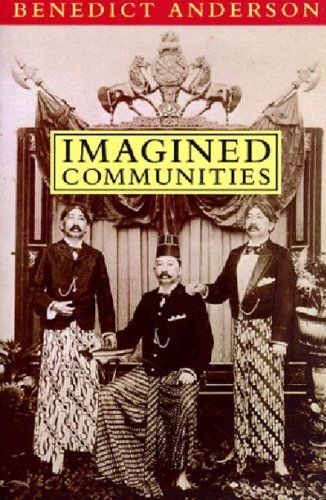
Imagined Communities Reflections on the Origin and Spread of Nationalism
What makes people love and die for nations, as well as hate and kill in their name? While many studies have been written on nationalist political movements, the sense of nationality—the personal and cultural feeling of belonging to the nation—has not received proportionate attention. In this widely acclaimed work, Benedict Anderson examines the creation and global spread of the 'imagined communities' of nationality. Anderson explores the processes that created these communities: the territorialisation of religious faiths, the decline of antique kingship, the interaction between capitalism and print, the development of vernacular languages-of-state, and changing conceptions of time. He shows how an originary nationalism born in the Americas was modularly adopted by popular movements in Europe, by the imperialist powers, and by the anti-imperialist resistances in Asia and Africa. This revised edition includes two new chapters, one of which discusses the complex role of the colonialist state's mindset in the development of Third World nationalism, while the other analyses the processes by which all over the world, nations came to imagine themselves as old.
Reviews
aisha@aishas
Gavin@gl
Danu Poyner@danupoyner
Sarah Sammis@pussreboots
so@softer
César Steven Toribio@cesarsteven
Aaron McCollough@rondollah
Andy Sporring@andysporring
Ahmed Bakr@abakr92
GP@golp
Loretta Dredger@lorettacd
Yonas@yonas
Alexandra@afswinton
Jaime@jb2
Katie Day@librarianedge
Nicholas Hanemann@nick_h
Mariana Mendes@marianaftm
Dilara Alemdar@dilaraalemdar
mersenne twister@mersenne